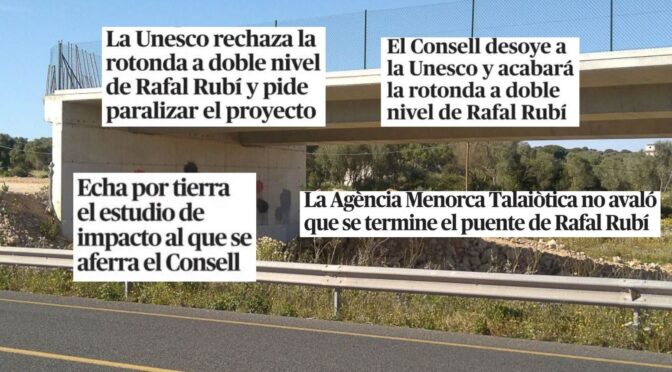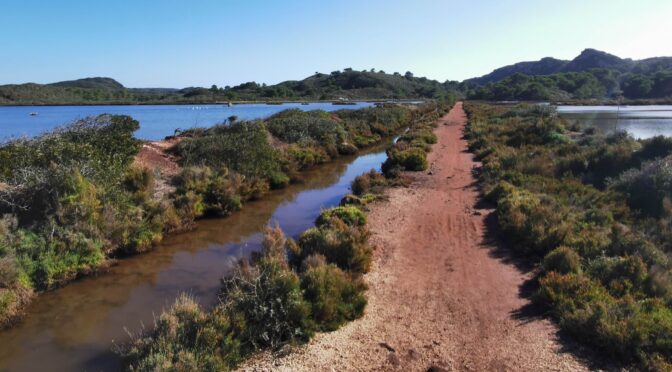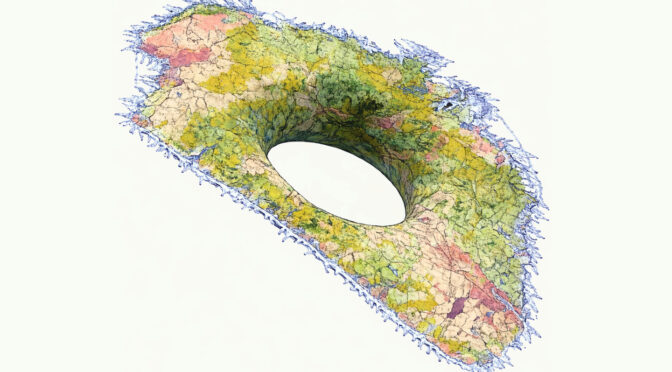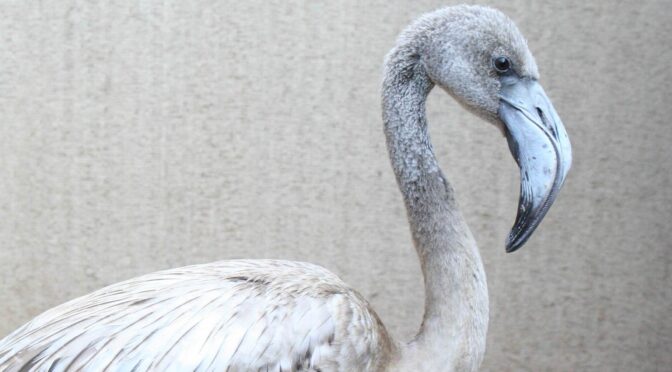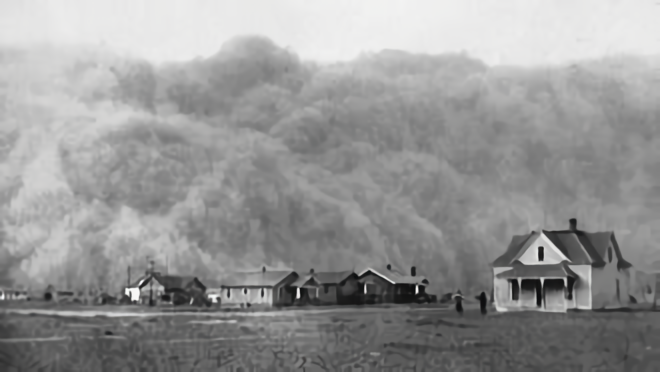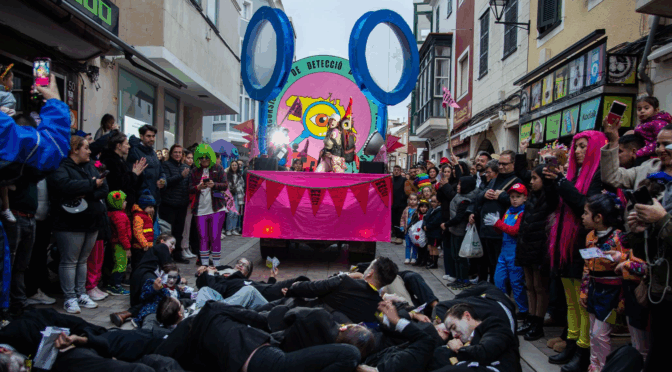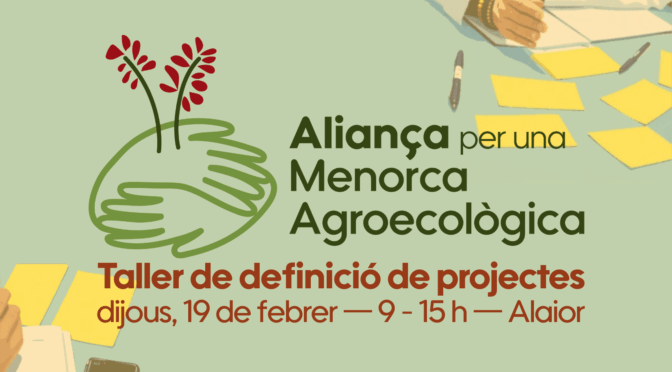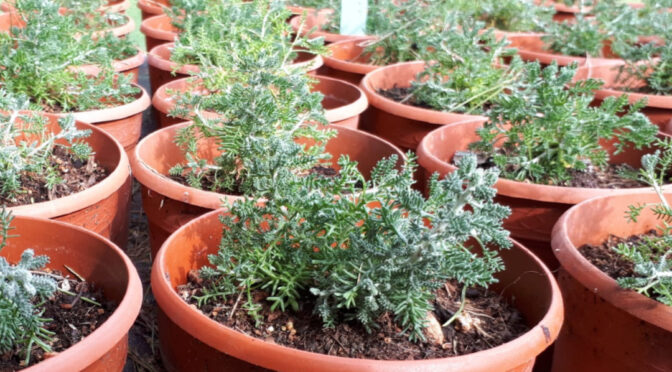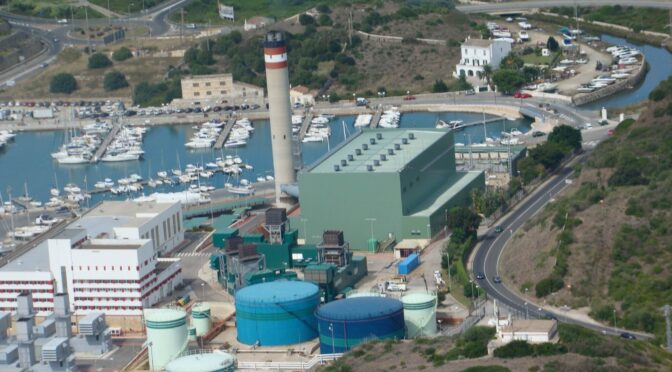Views: 24
In relation to the controversy over the works at Rafal Rubí, GOB wishes to recall that UNESCO has spoken very clearly about the documentation that the Island Council sent regarding the road works. There is no doubt that an opinion was issued on the information sent from Menorca.
The international body clearly warned that the indication was that the works already begun should be dismantled as soon as possible.

